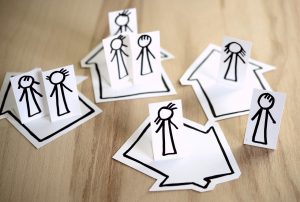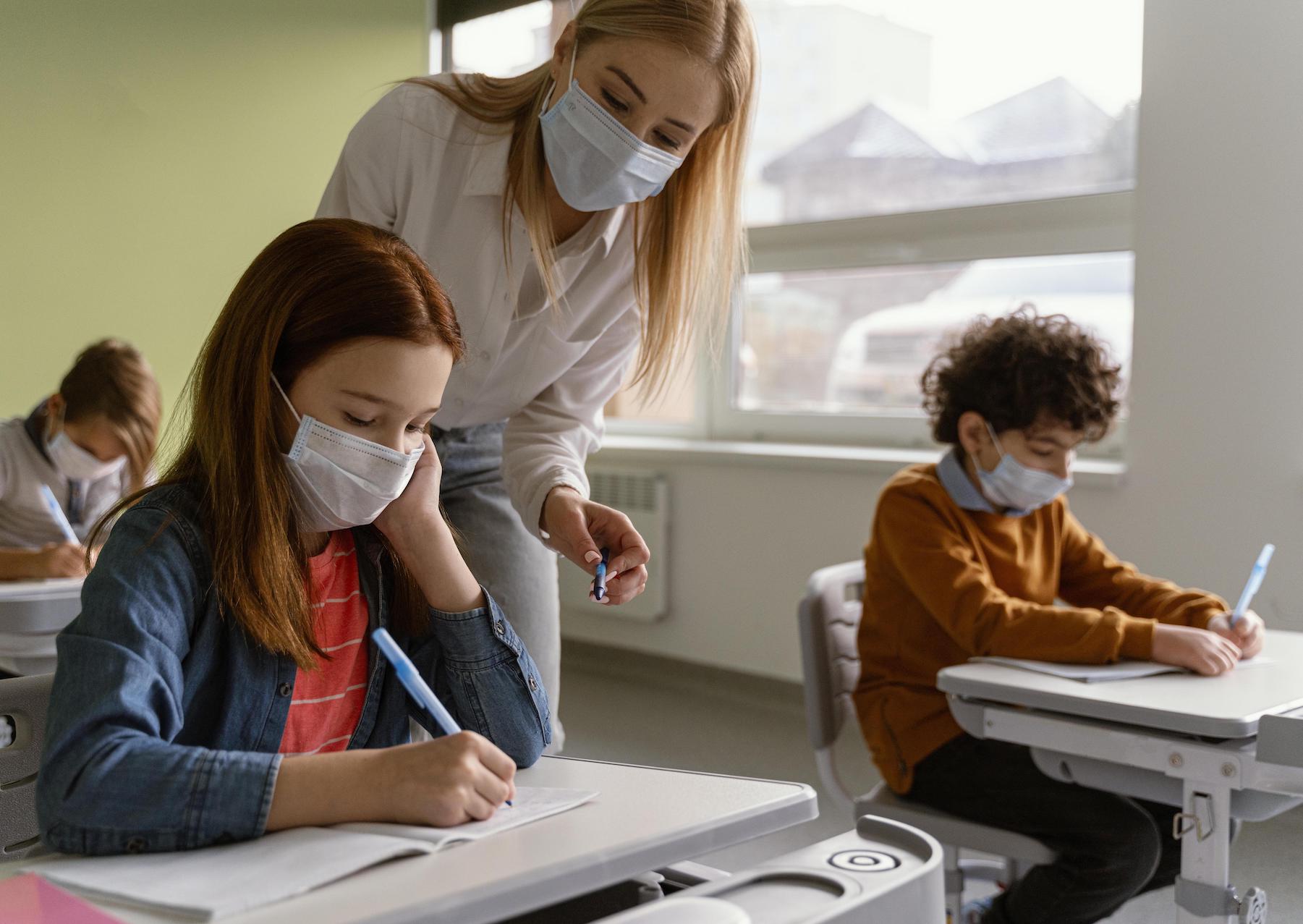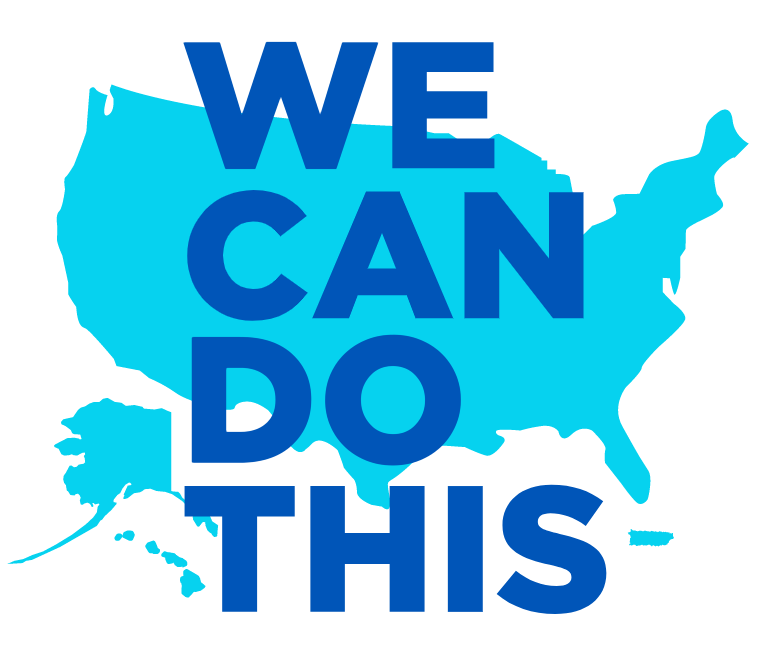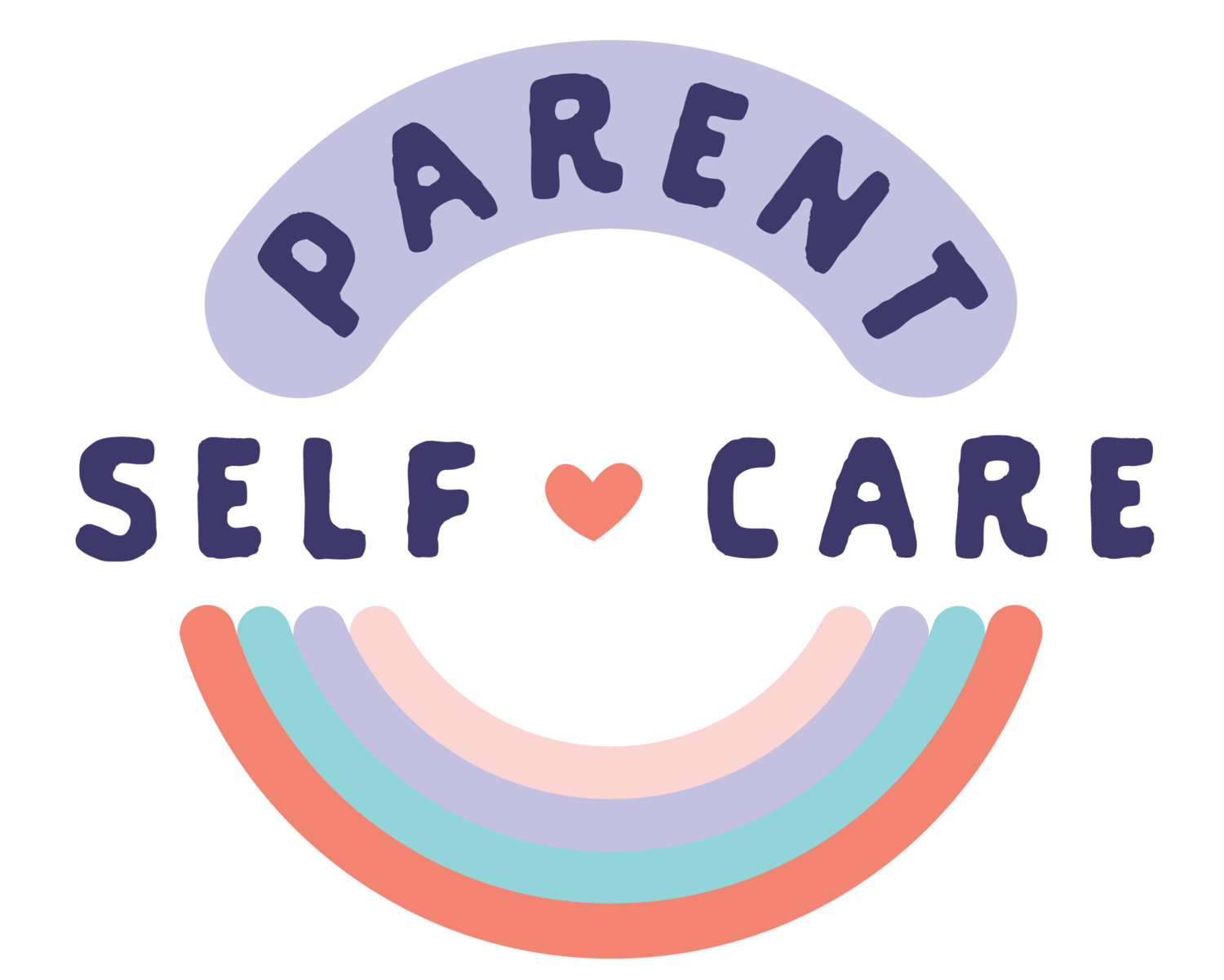Do We Even Know How To Socialize Anymore?
 As vaccinations ramp up and restrictions begin to loosen across the country, the new question is: Are we ready? After so much time apart, do we even know how to socialize in person anymore?
As vaccinations ramp up and restrictions begin to loosen across the country, the new question is: Are we ready? After so much time apart, do we even know how to socialize in person anymore?
We haven’t returned to “normal” yet, but it feels like things are beginning to shift: We can almost hear the backyard barbecues; the cubicle-to-cubicle chatter; those awkward, horrible, adorable first date conversations over candlelit dinner. For many, just the thought is anxiety-inducing.
Celeste Headlee, journalist, author of We Need to Talk: How to Have Conversations That Matter, and all-around conversational wiz, says those feelings of trepidation are only natural.
If you’ve been working remotely and you’re worried about how to approach that first conversation back at the office, chances are you’re not the only one feeling it — science tells us we all tend to be more self-conscious than necessary in new social situations. Headlee suggests addressing the elephant in the room right away. “Be honest about it,” Headlee says, because “sometimes when you name something, it takes away its power.” Acknowledging the awkward with something as simple as, “So this is weird, right?” can clear the air and get everyone moving forward.
When in doubt: Ask questions, start small.
Asking open-ended questions, Headlee says, works on a few different levels: It takes pressure off you while simultaneously giving the other person room to shine and feel some of that conversation-fueled dopamine. And, added bonus, questions give you the opportunity to work on another important social skill — listening! Start small, and in safe, time-limited spaces if you’re worried about how you’ll do: Maybe practice with a friend or try a brief elevator exchange. And remember, good conversations take time.
It’s also possible the pandemic just revealed the real limits of your social capacity. “Two years ago, you may have just not been aware of how exhausted you were,” Headlee says.
But even if you feel ready to jump back into the world with both feet, don’t try to take on too much at once. The world’s a changed place, and you’ve probably changed a bit, too. Set realistic boundaries, and pace yourself: that might mean setting a max number of activities for a weekend, having social “off-hours” or limiting how long houseguests can stay. Draw lines that serve you.
Accept what people tell you about themselves.
“I believe” is a fact, Headlee says, while “you believe,” is an opinion — in other words, don’t assume someone else’s point of view, especially when it comes to vaccinations and socializing.
Now more than ever, safety is going to look differently for different people, and it’s important to respect the boundaries people create for themselves.
For you, going mask-free indoors post-vaccination might be freeing and joyful, but for your neighbor, it could be panic-inducing. Ask ahead of time if you’re unsure about mixed social situations.
While the pandemic has been a source of friction between a lot of people, Headlee maintains our current moment is a great opportunity for unity. “In the end, the past year has been hard for all of us,” she says. “And if nothing else, that gives us common ground to find some kind of empathy for each other.”
Excerpted from “Do We Even Know How To Socialize Anymore?” on NPR. Read the full article online. Listen to a podcast of this article below.
Source: NPR | Do We Even Know How To Socialize Anymore?, https://www.npr.org/2021/04/04/983855924/do-we-even-know-how-to-socialize-anymore | © 2021 npr
Do you need someone to talk to? To schedule an evaluation or to get advice about your child’s challenges, call or email a CHC Care Manager at 650.688.3625 or careteam@chconline.org CHC teletherapy services are available now.





